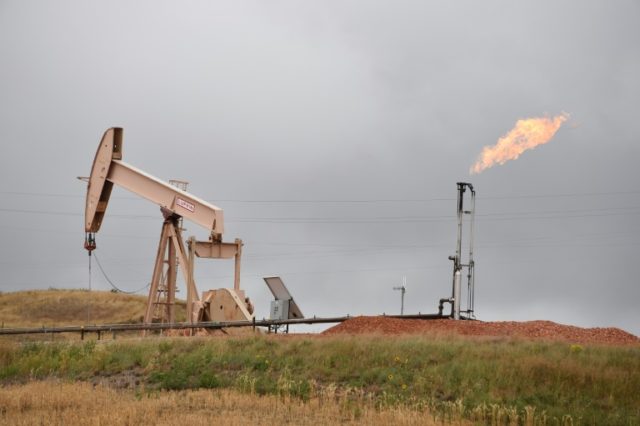The Department of Interior, under Secretary Ryan Zinke, has announced the current federal mineral valuation rule is being repealed “to create more workable oil, gas and mineral valuation regulations and avoid costly litigation.”
The Consolidated Federal Oil and Gas and Federal and Indian Coal Valuation Reform Rule (Valuation Rule) has “created confusion and uncertainty regarding how companies report and pay royalties on energy and other mineral resources from federal onshore and offshore areas and American Indian lands,” the DOI announcement said.
The repeal of the rule, posted in the Federal Register on Sunday and effective as of September 6, “will provide certainty and clarity to the regulated community by continuing to require compliance with lawful and well-known oil, gas, and coal regulations in force for more than a decade.”
This move will benefit both the energy industry and the Office of Natural Resources Revenue (ONRR), which oversees payments from the industry.
“Repealing the Valuation Rule provides a clean slate to create workable valuation regulations,” Zinke said. “We are committed to working closely with stakeholders and the newly chartered Royalty Policy Committee to explore options for future rulemakings and to avoid the structural defects that were found in the prior rule.Department of Interior Kills Regulation to Help Oil, Gas, and Indian Coal Resources
Zinke said the move does not change the agency commitment to “collecting every dollar due.”
“These are taxpayer and American Indian assets, and the public and American Indians deserve an accurate accounting and valuation,” Zinke said, adding that the move also increases national security.
“The United States is a safer and more sustainable nation when we rely on our own natural resource development,” Zinke said. “Repealing the Valuation Rule restores our economic freedom by ensuring our energy independence.”
The Valuation Rule is not only costly but could impair the “production on federal lands, both onshore and offshore, making us rely more and more on foreign imports of oil and gas.”
“I support Interior’s decision to repeal this rule and provide greater certainty to companies seeking to produce our valuable domestic resources, from Alaska to the Atlantic,” Sen. Lisa Murkowski (R-AK) said in the press release announcing the decision.
“While the federal government will continue to collect its fair share of revenues from responsible development, the repeal of this rule will help prevent negative impacts to exploration and production that would put our energy dominance at stake,” Murkowski said.
Rep. Rob Bishop (R-UT), chairman of the House Natural Resources Committee, also praised the action.
“This rescindment is another important step by the Trump administration to position Interior as a facilitator of responsible energy development,” Bishop said.
Rep. David McKinley (R-WV), chairman of the Congressional Coal Caucus, said the Obama administration had used the royalties rule as a barrier to energy production on federal lands.
“Returning to the more reasonable previous standards paves the way for further investment and development of energy resources,” McKinley said.
Rep. Paul Gosar (R-AZ), chairman of the Congressional Western Caucus, agrees.
“This Obama-era rule was another misguided attack on affordable energy that would have caused significant harm to tribal, rural and Western economies,” Gosar said. “This burdensome new regulation would have bankrupt small businesses, discouraged responsible energy production and hit the pocketbooks of hard-working American families.”
“The Department intends to further evaluate changes that may be warranted to the long-established oil, gas and coal regulations through the Royalty Policy Committee and publicly-vetted rulemaking, ensuring that valuation and revenue collection for the nation’s mineral and hydrocarbon resources remain transparent and consistent, while the taxpayers receive every dollar due from resources on their public lands and offshore areas,” the DOI press release said.

COMMENTS
Please let us know if you're having issues with commenting.